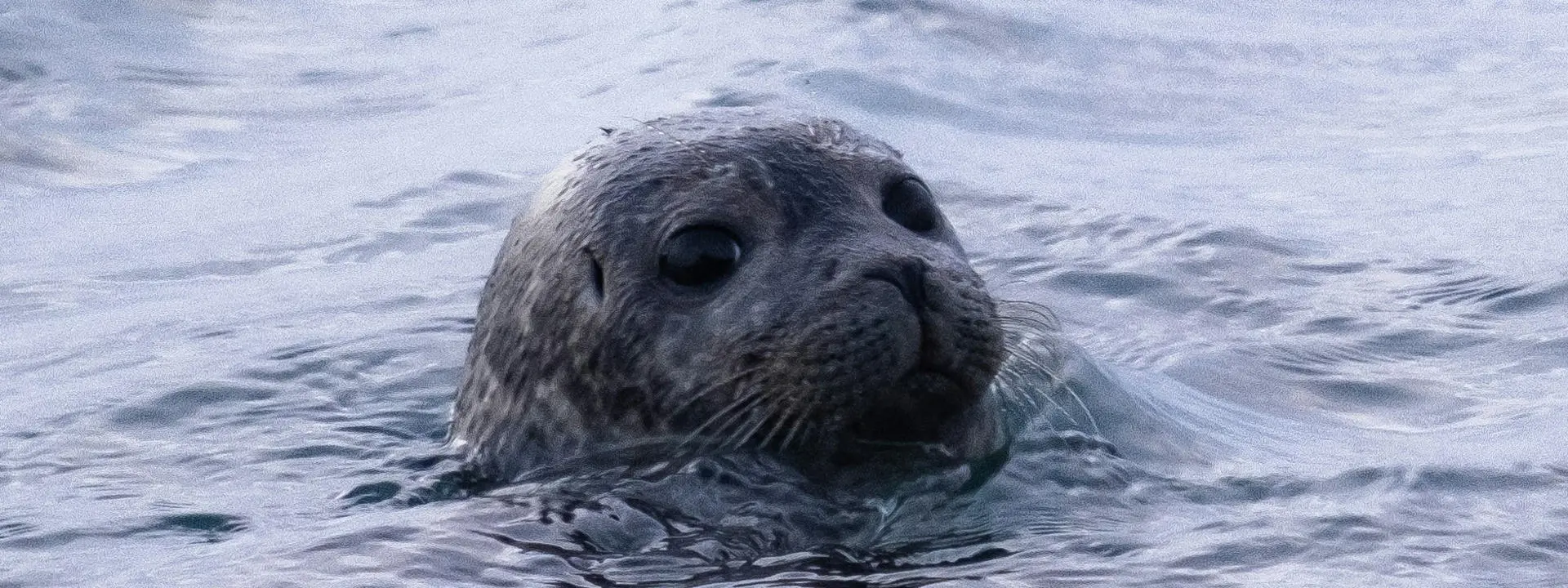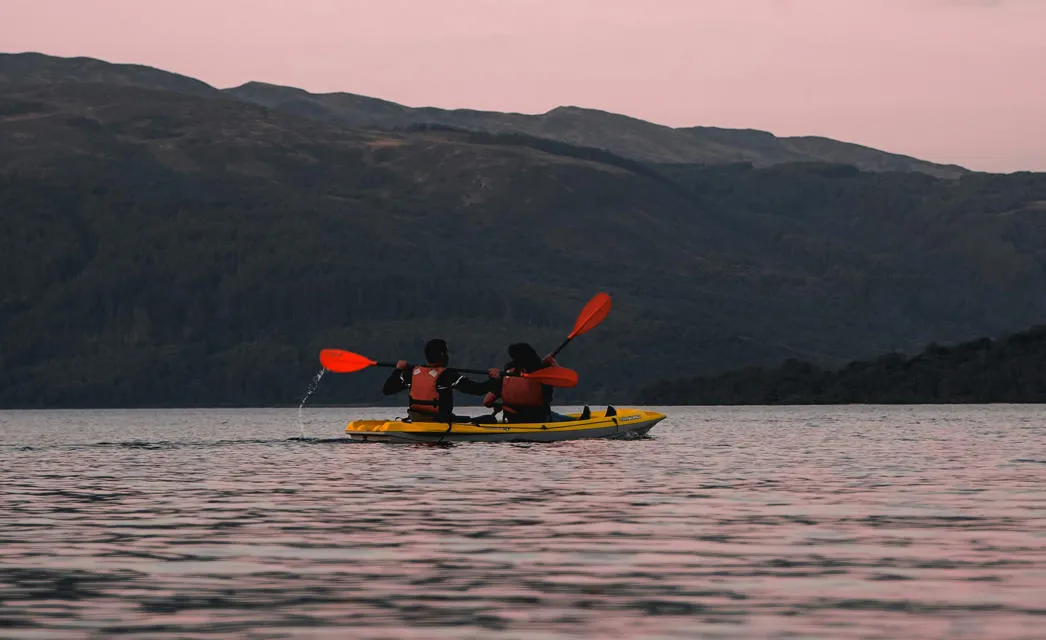Kayakers and paddleboarders disturbing marine mammals around Scotland’s coasts

Kayakers and paddleboarders enjoying Scotland’s coastlines may be unknowingly disturbing marine mammals, according to new research highlighting the growing pressures faced by whales, dolphins and seals in Scottish waters.
Led by Heriot-Watt University with support from Whale and Dolphin Conservation (WDC), the study documented hundreds of interactions between vessels and marine mammals, many of which occurred in sensitive or protected areas.
Over 400 hours of land-based observations were carried out across five Scottish Marine Regions: the Clyde, Forth and Tay, Moray Firth, Orkney Islands and Shetland Isles.
The study focused on what happened when vessels were present at the same time as marine mammals and how the animals responded.
Disturbances caused by kayaks and paddleboards were recorded in the Clyde, Forth and Tay, and Moray Firth.
Meanwhile, powered vessel disturbances, including those from speedboats and RIBs, occurred in every area.
The researchers behind the report caution against making direct comparisons between regions.
Dr Emily Hague from Heriot-Watt University said: “The sightings were opportunistic, meaning they reflect what happened to be observed, not necessarily how often disturbances occur.
“Just because no incidents involving kayaks were recorded in Orkney or Shetland doesn’t mean they don’t happen.”
Signs of disruption
Dr Emily Hague said: “The study focused on what happened when vessels were present at the same time as marine mammals and how the animals responded.
“Around a third of all observed disturbance responses involved small, non-motorised craft like kayaks, paddleboards and rowboats.
“In one case, seals resting on a beach became visibly agitated as kayaks passed by, beginning to move around and then many left the haul-out site and slid into the water, a clear disruption of their resting behaviour.
“Signs of stress aren’t always dramatic or obvious; it can be more subtle, such as a change in breathing rate, swimming direction or their diving behaviour.”
Another third of recorded disturbances involved small motorboats: in one case, a speedboat repeatedly pursued bottlenose dolphins. The animals changed direction, lengthened their dives and only regrouped after the boat left.
Importantly, many of these vessels don’t carry AIS (Automatic Identification System) tracking, meaning their presence and behaviour are effectively invisible to regulators and conservation authorities.

Enjoy the water while minimising harm
Dr Emily Hague said: “The truth is that all of Scotland’s coastline is important habitat for marine mammals.
“Whether you’re paddling off the coast of Fife or sailing around Skye, you’re likely sharing the water with sensitive species.
“We want people to enjoy Scotland’s waters, but to do so responsibly by keeping up to date on how best to respond should you spot marine wildlife.
“Kayakers, paddleboarders, surfers, recreational boaters and everyone else in the water should follow the Scottish Marine Wildlife Watching Code, which offers clear advice on how to minimise your impact on marine mammals.
“With a little more awareness and a few small changes, we can all help ensure that sharing the sea doesn’t come at a cost to the animals that call it home.”
Read the report in full here on ScienceDirect.
The research was conducted as part of the Scottish Vessel Project, led by Heriot-Watt University, which is capturing marine vessel data around Scotland’s coastline to better understand the amount of exposure to boats that whales, dolphins and seals experience at different locations.